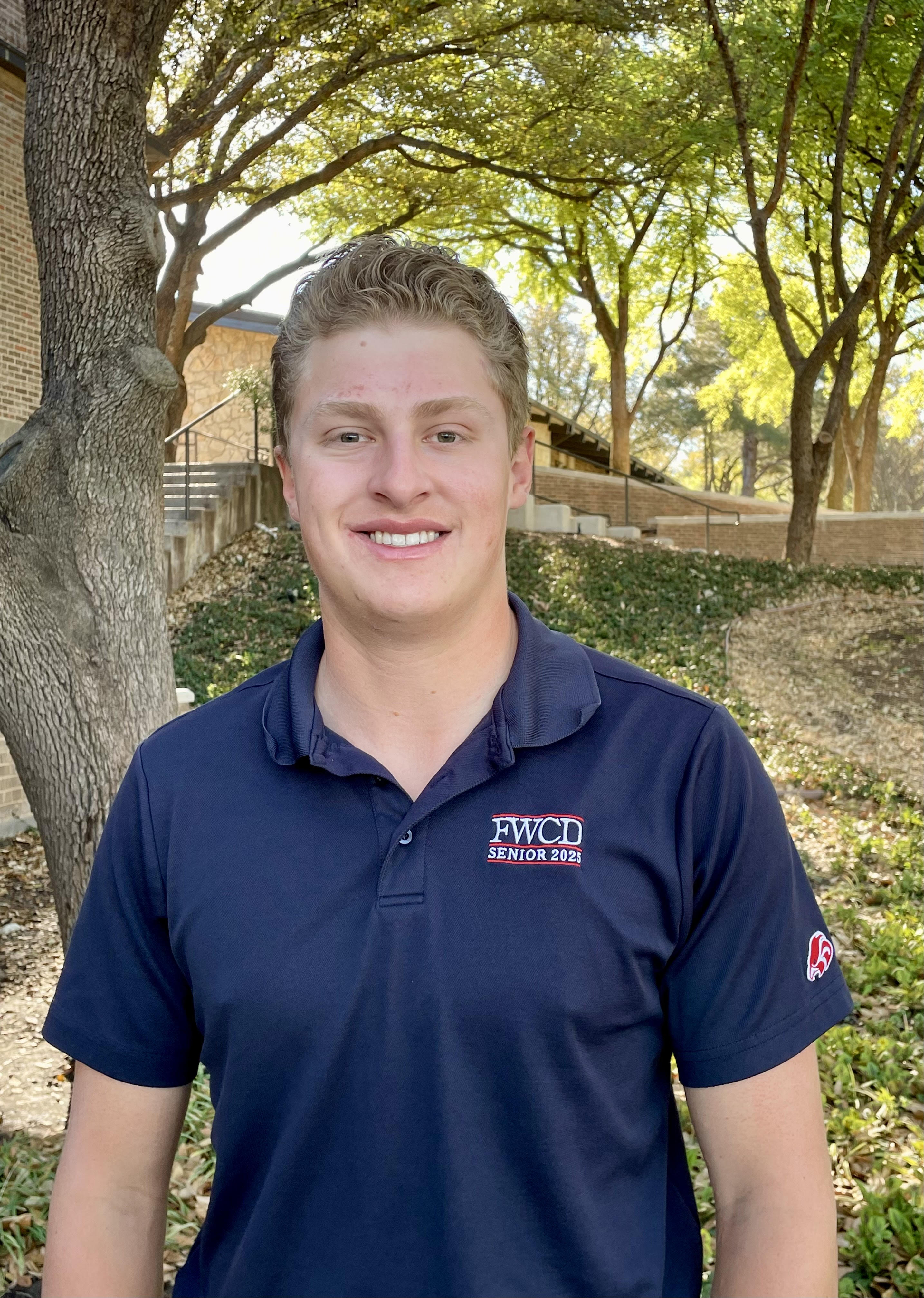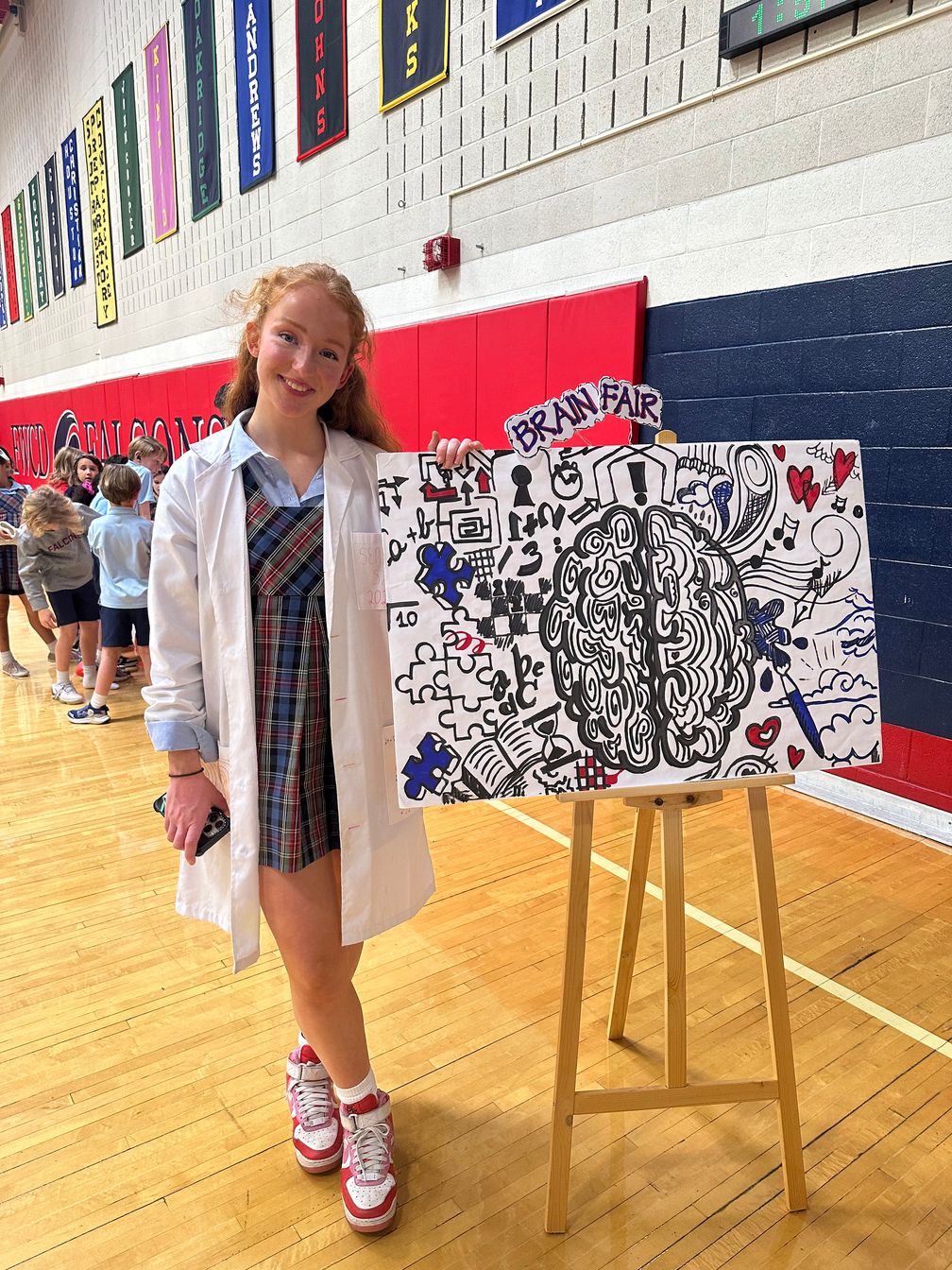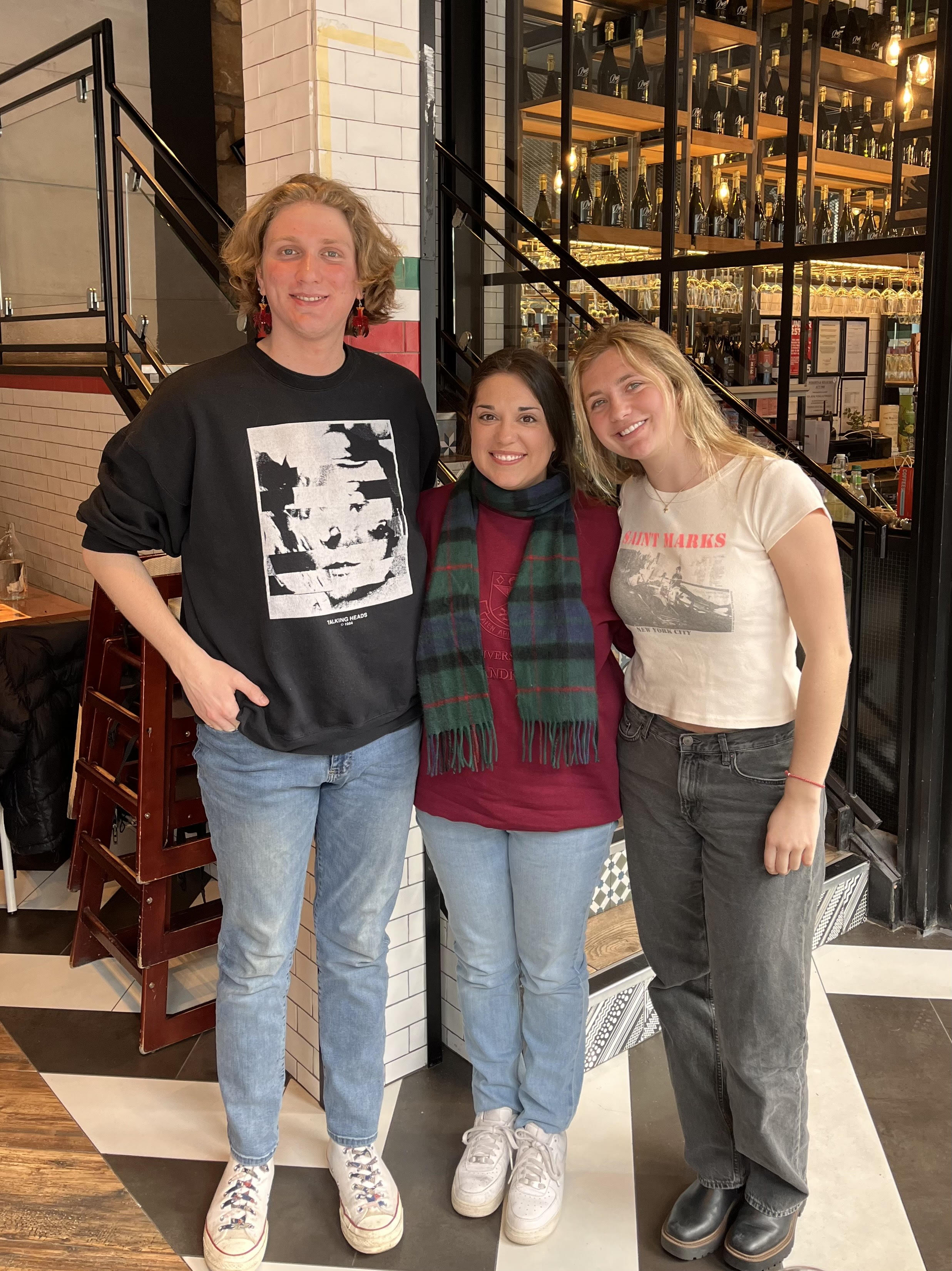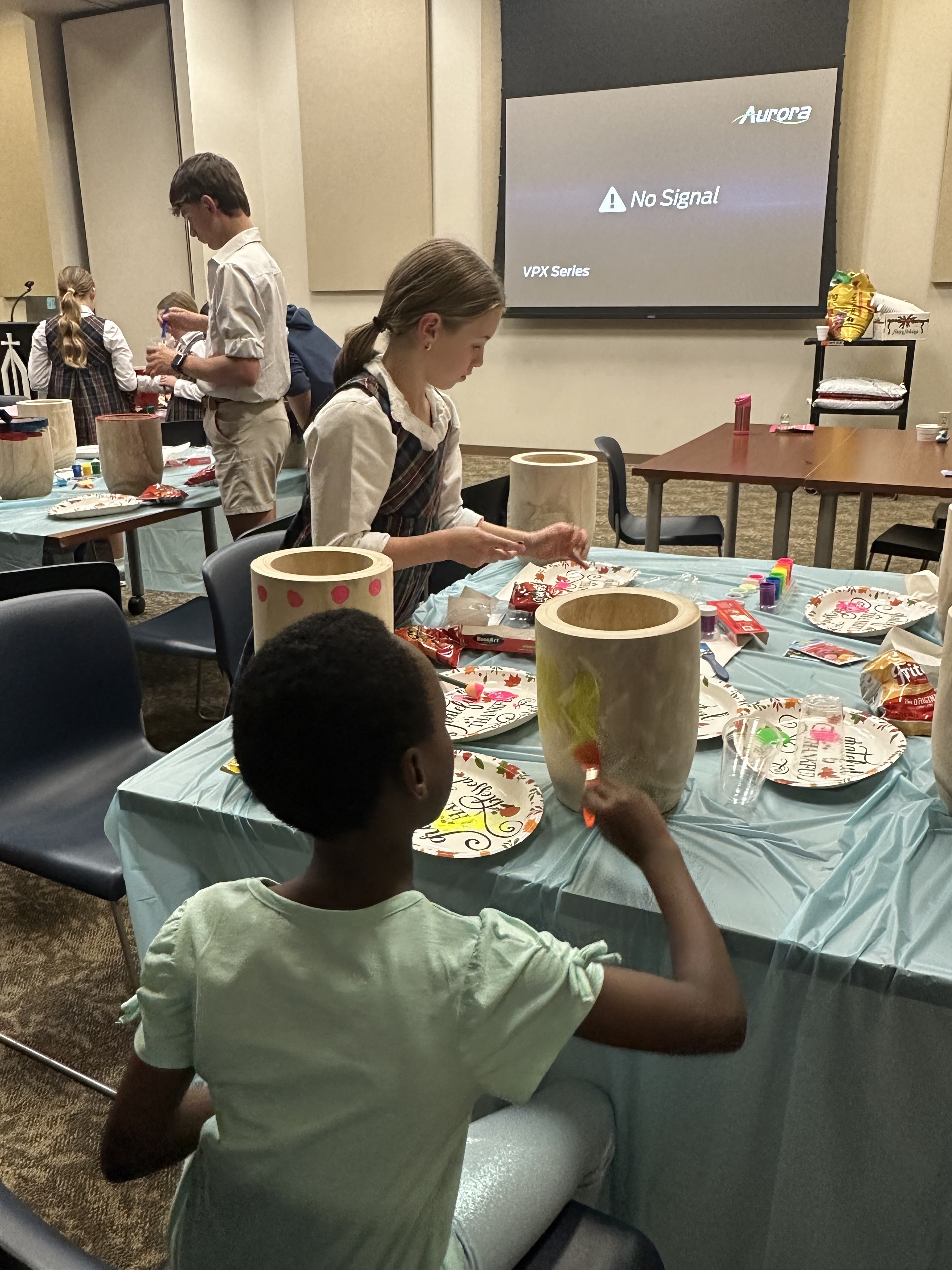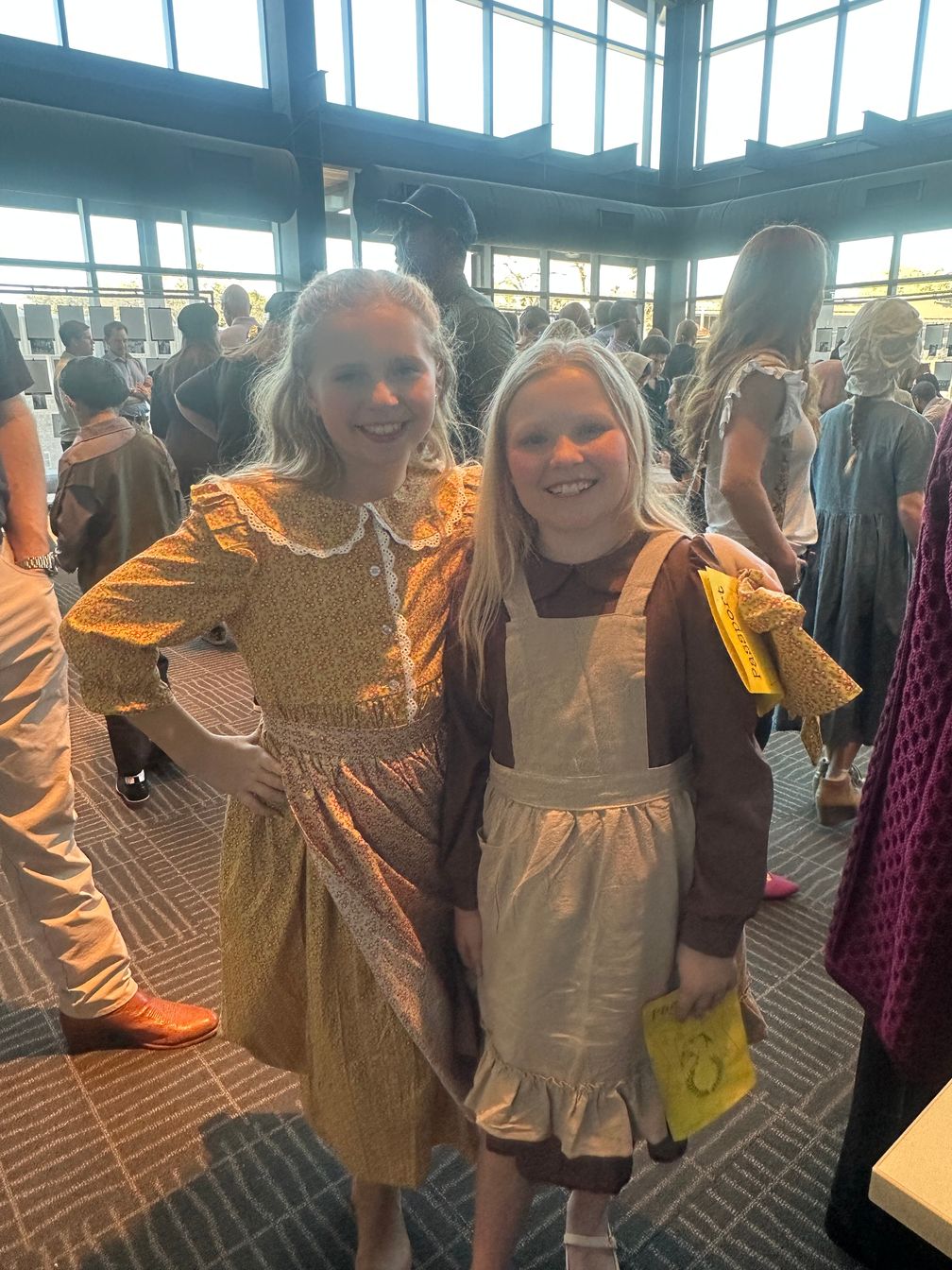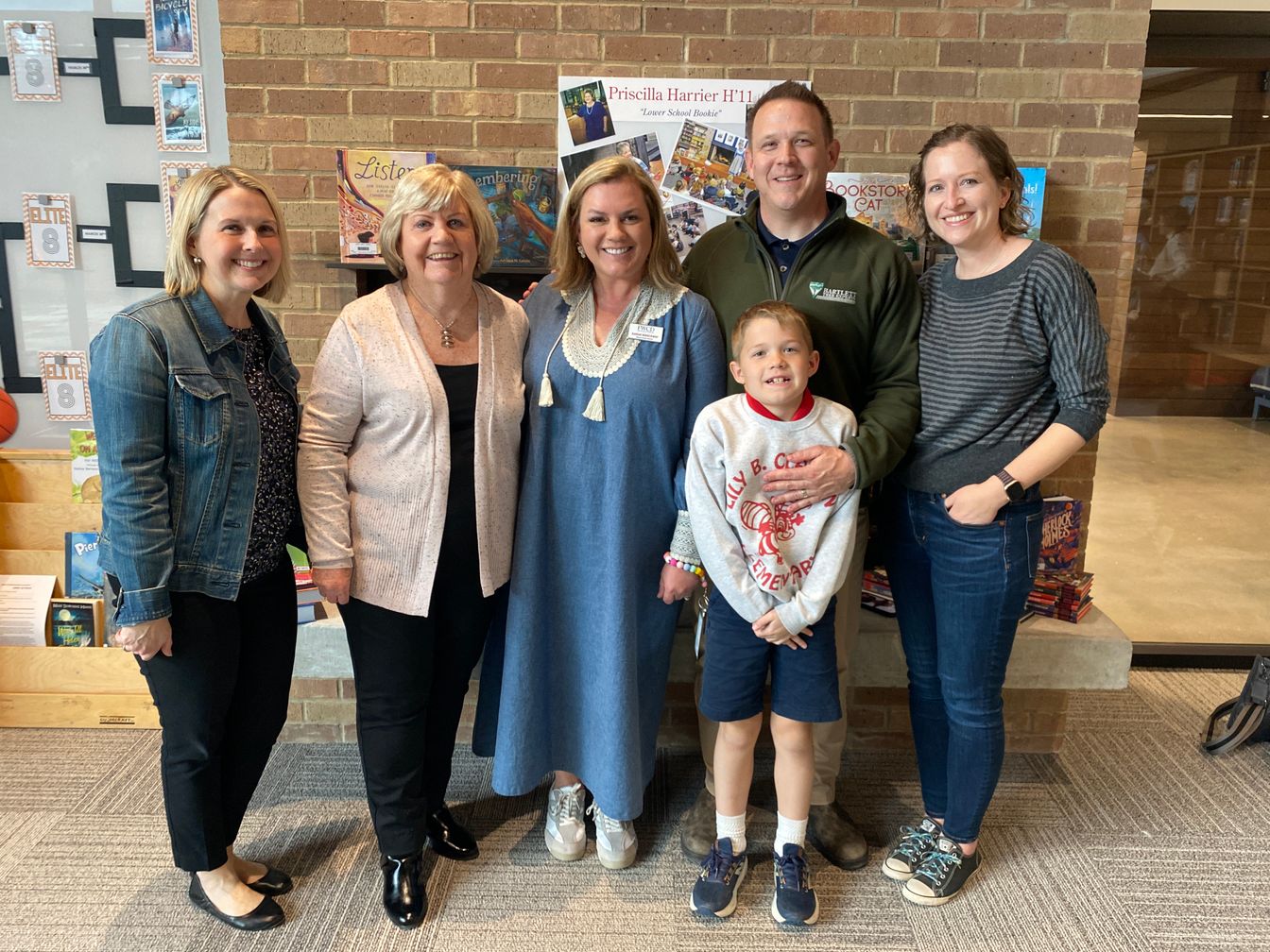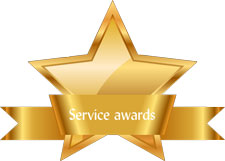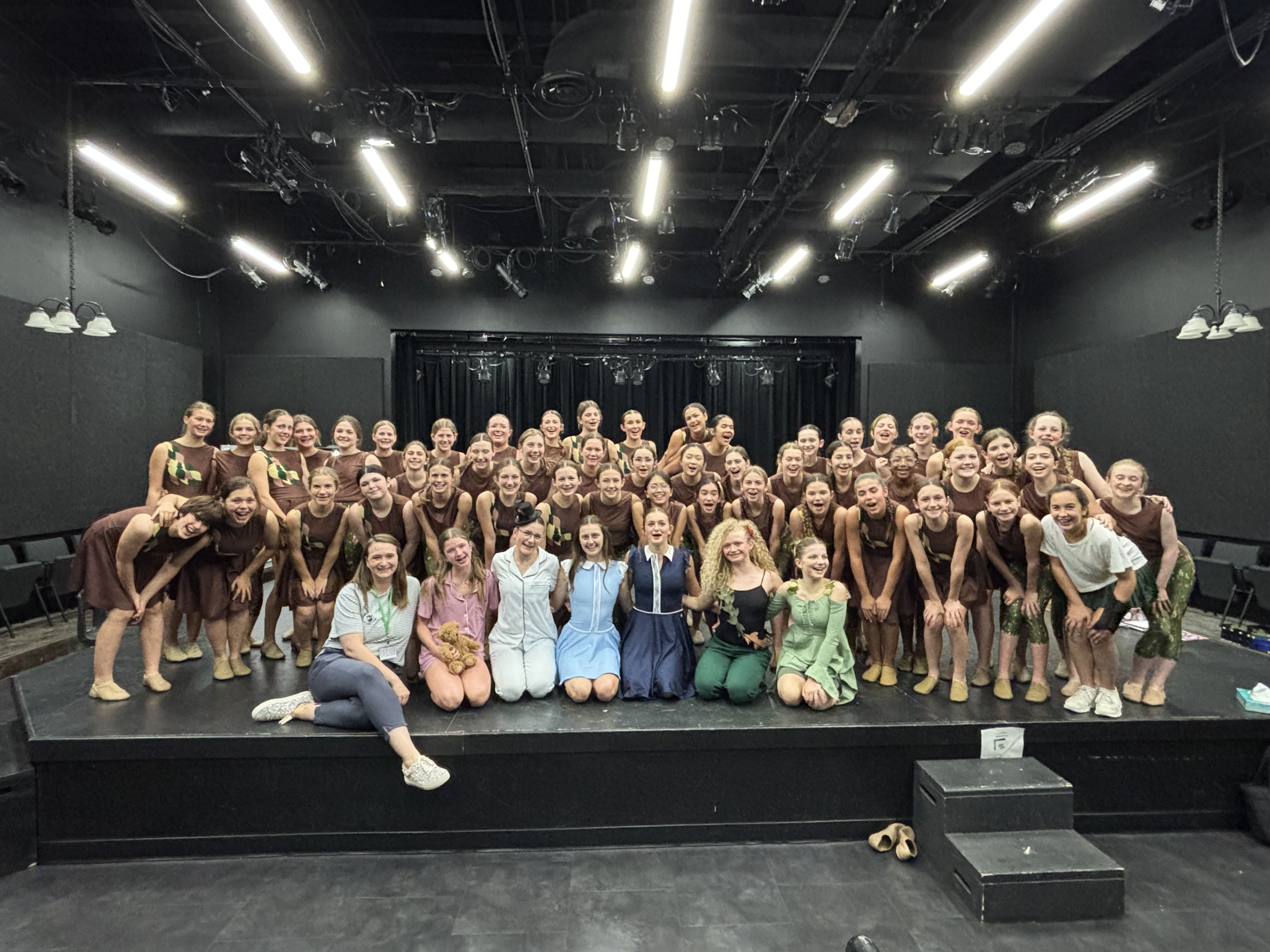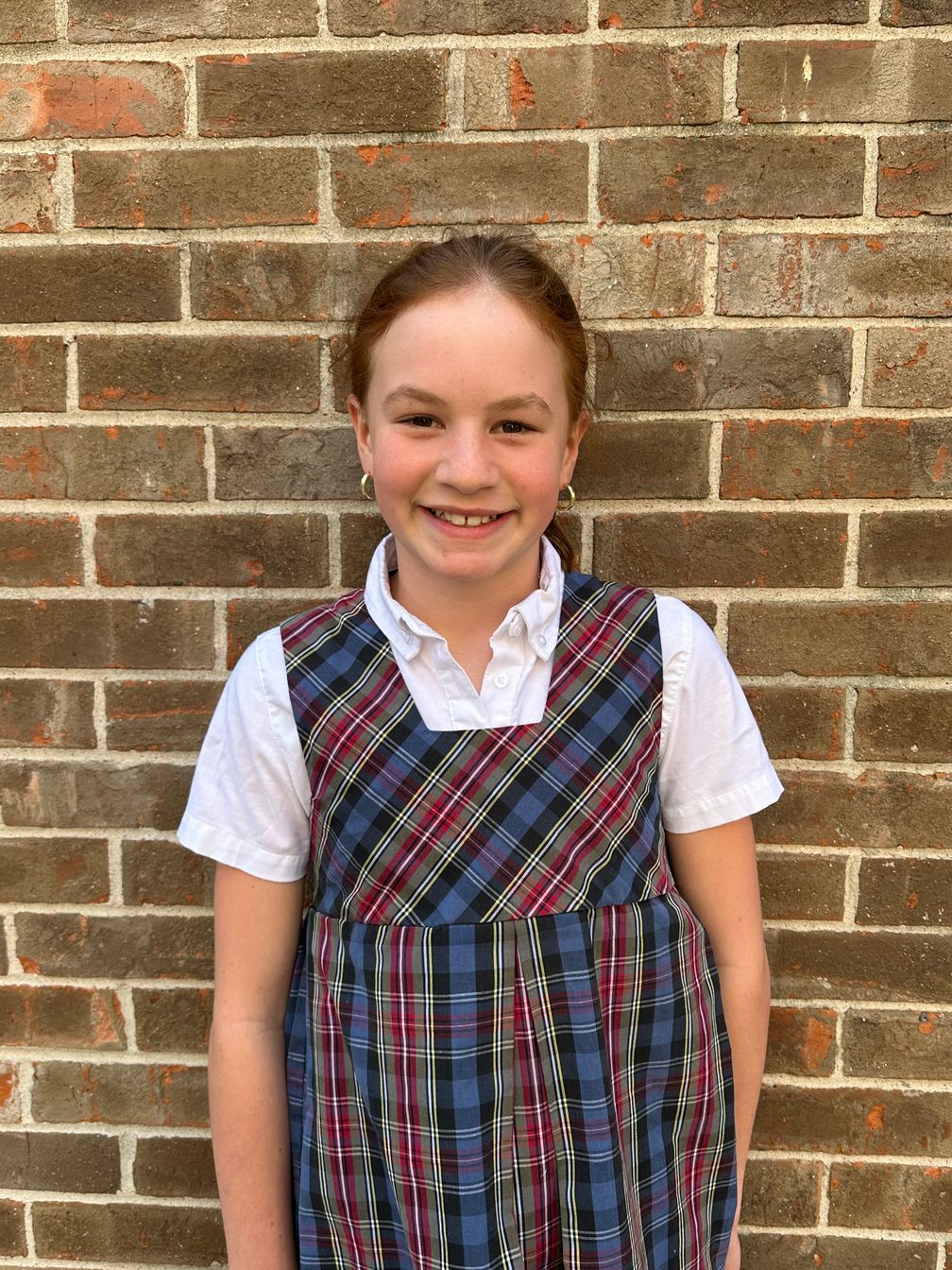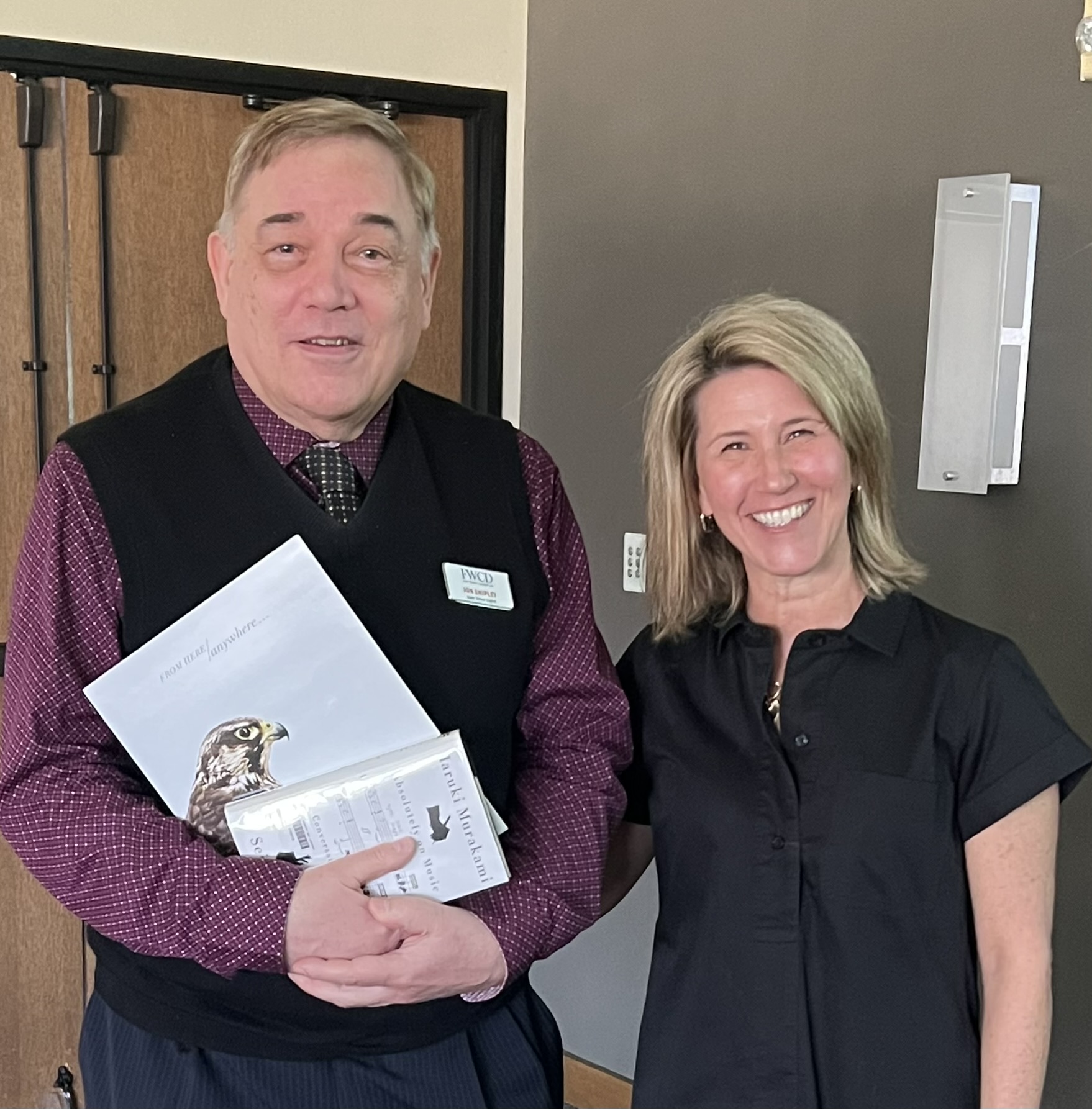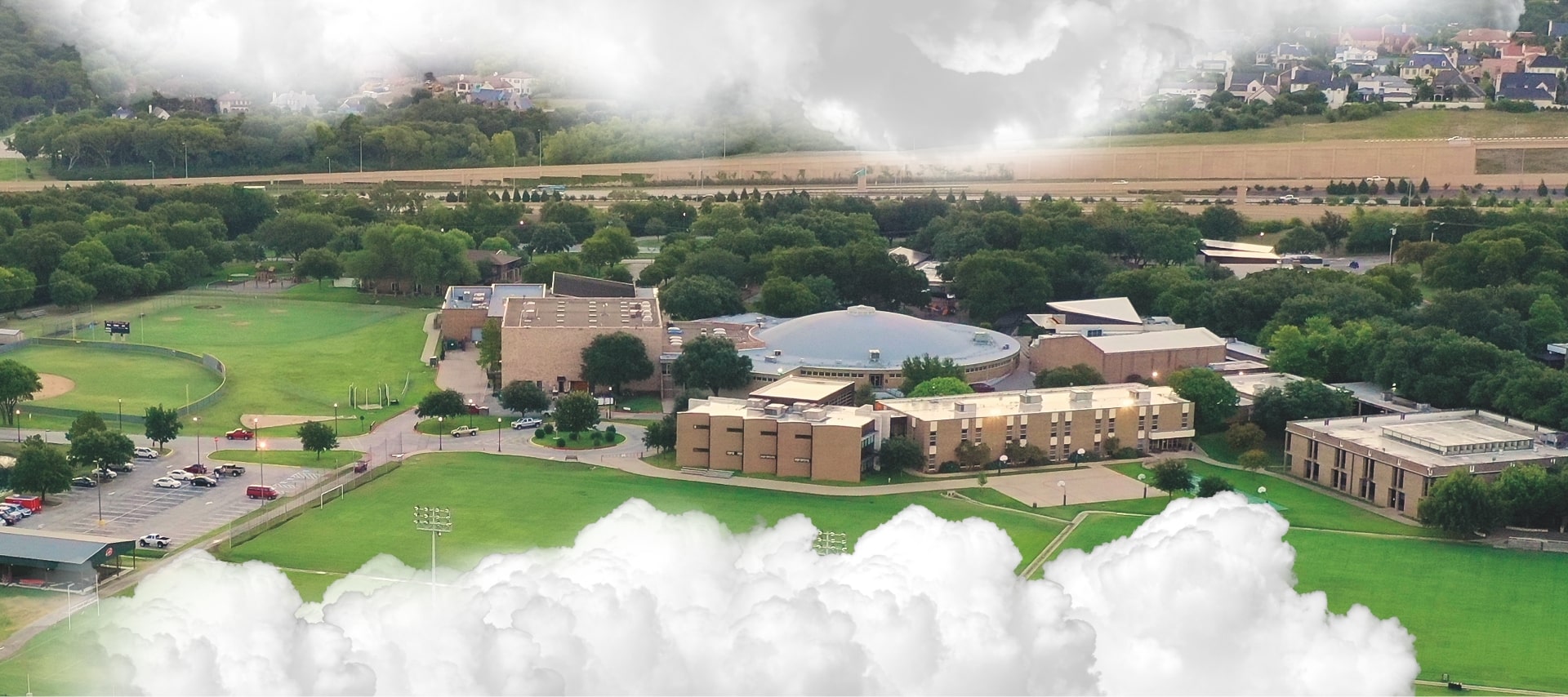18 Students Inducted into The Cum Laude Society

FWCD’s chapter of the Cum Laude Society welcomed nine seniors and nine juniors on Wednesday, March 27. New senior Cum Laude members are Jack Bradford, Blake Brown, Vail Dickey, Ricky Espino, Benjamin Hoppe, Carolina Murrin, James Thomas, Radha Vallurupalli and Arjun Vasudevan. New junior members are Margaret Anderson, Chloe Barker, Chappell Carter, Murphy Hoefer, Charles Portwood, Alyssa Rollings, Alex Seiden, Maya Witzel and Carolina Zamorano.
The 18 new members joined seniors Rhea Alexander, Jack Cimo, Evan Dickerson, Walker Gaines, Lily Hyde, Abigail Proell, Evi Scaling Brown and Elle Snyder, who were Cum Laude inductees in 2023 as juniors.
New members were presented with certificates and pins in front of their Upper School peers and families during a program in the FWCD Scott Theater. This year’s keynote speaker was Ryan Hillard ’04, Solutions Architect at Amazon Web Services. He came to campus to deliver “Messages from Beyond the Bubble: Seven Secrets to Your Future.” Hillard likened that journey to that of Odysseus in The Odyssey and went on to share seven secrets to the future, things he wished he had known as a Country Day student.
- “There is no measuring stick for your life.”
Hillard’s words of wisdom began by sharing how he was compelled to view success through the lens of his father. “As a teenager and into my twenties, I constantly compared myself to my father. I would think, ‘He had done that, by this age,’ and ‘what am I doing?’ ‘Why am I so behind,’” he shared. “But you know your parents as established adults. They’re at the top of their games. What you didn’t get to see were their struggles, their diversions and side tracks.” He encouraged students to define their own stories and create their own “hero’s journey.”
- “Failure is not just important, it is necessary.”
“You can get stuck in this paradox of choice, where you think you need to choose the exact right path, and because you’re afraid of choosing the wrong one, you get stuck analyzing paths instead of just walking down one,” Hillard said. “The trick is to just get started, just get sailing.
- “If you don’t know what to do, try something, anything, just do something.”
Hillard shared a personal story about his own failure in Upper School when he moved to four Honors classes. He found them too hard and did not want to give them the time they deserved from a studying standpoint. Ultimately, he moved to two regular classes, but he felt like a failure. “When I applied to college, I got into every single college I applied to. That sounds like a really wild boast … ,” he said. “It’s a much more insidious, deeper kind of failure. You see, from my Honors-class experience, I was suddenly afraid to fail. I was allergic to the idea of not getting into college, so I only applied to schools I was confident that I would get into. And by doing so, I robbed myself of ever knowing what could have been. I visited Stanford. I never applied. Failure is your feedback mechanism to get better, to strive, to push. I want you to know: You are not your college admissions. Your failures do not define you.”
- “Believe in yourself.”
As a legal document processor at LegalZoom, Hillard and a friend decided to make their work lives more manageable by rewriting the company’s document automation system. He learned the code in Jon Shipley’s ninth grade programming class. “Our new document automation system turned 8-hour work days into 1-hour work days,” he shared. “My big break in tech came after I summoned the courage to approach the President at a company gathering. I invited him to visit my desk the next day to see what we had built. He remembered me because I had asked him a ‘spicy’ question at an all-hands meeting about an article I had read in The Economist. My 10th grade history teacher here had somehow gotten a 15-year-old to start reading The Economist. You have picked up skills here at Country Day that will surprise you. You are ready for your own epic hero’s journey.”
- “Surround yourself with friends who will support your journey, they will make you better.”
Stressing the importance of friends, Hillard shared, “When you go to college, I want you to look around at the people you’re sitting next to. Seriously, stop a second and look. Are they going places you’d like to someday visit? If you want to be a creative thinker, hang out with creative thinkers. If you want to become an incredible athlete, go train with athletes better than you. This advice feels so simple, so basic, but the power of osmosis between humans cannot be understated.”
- “You can change your mind.”
Plan A is not always what works. Hillard shared that he earned his college degree in English literature, yet he works for a tech company as a solution architect. “If the original plan you had for your life, the course you charted for your hero’s journey, starts to no longer make sense, then go a new direction, sail towards a new destination,” he encouraged. “The really hard problems of our age are being solved by interdisciplinary teams of people with diverse backgrounds. People who changed their minds often.”
- “Life is a game where you get to set your own win conditions.”
Hillard’s last secret focused on attitude and the energy one puts forth. “In any situation, you only have control over your attitude and how much energy you put forward,” he said. “You are responsible for how you feel. You can choose sadness or happiness.”
“Despite the uncertainty of the world, I know these secrets will help you navigate your future,” Hillard said.
*Special thank you to Ryan Hillard ’04 for sharing his thoughtful and inspiring speech.
About The Cum Laude Society
The Cum Laude Society is an honorary organization that stresses excellence, justice and honor. Selection is limited to 10 percent of the junior class and 20 percent of the senior class, elected over two years, based on students’ high academic standing and rigorous course loads. Selected students also demonstrate good character, honor and integrity in all aspects of school life.
Founded in 1906, Cum Laude Society is dedicated to honoring scholastic achievement in secondary schools. The founders of the society modeled Cum Laude after Phi Beta Kappa. In the years since its founding, Cum Laude has grown to 382 chapters, approximately two dozen of which are located in public schools and the rest in independent schools. Membership is predominately in the U.S., but chapters are also located in Canada, England, France, Spain, Puerto Rico and the Philippines.




